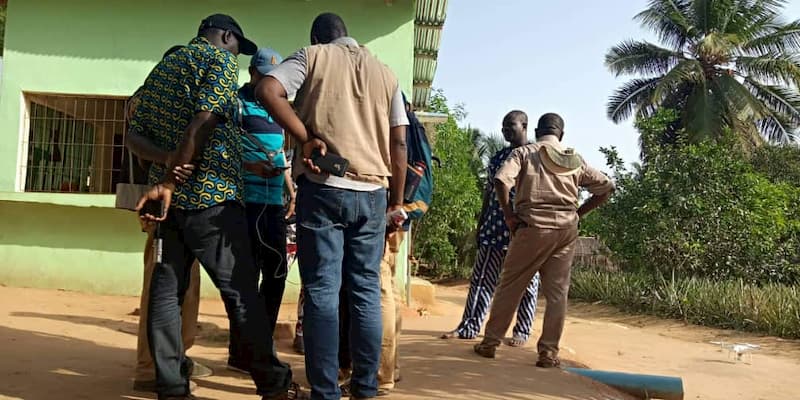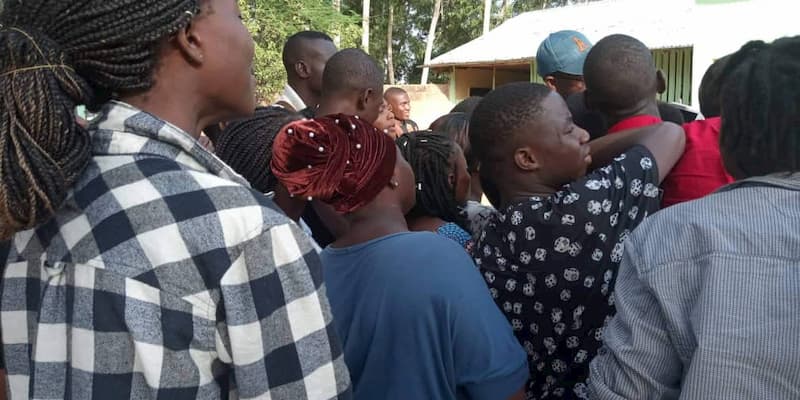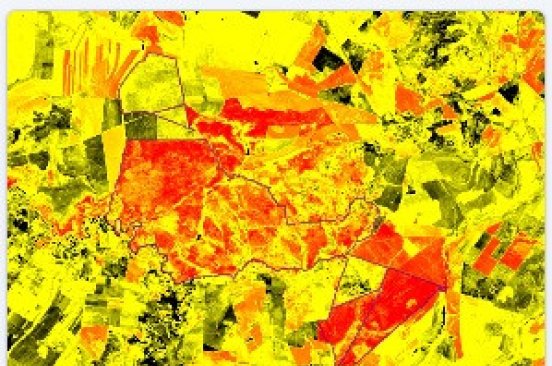
Using Drones, Benin Flying Labs Aims to Empower Students, Diversify STEM Fields
Benin Flying Labs' youth stem training will improve the number of women in the scientific domain by empowering them with adequate tools.
December 15th, 2020

Education is key to the development of any nation. In Benin, only 5.4% of women hold positions as employees or employers in the country’s public or private institutions, representing 52% of the population. Most of the girl children send to school dropout or get married at a younger age. All this is preventing the female gender from having a significant impact on the economic development of Benin. The authorities are aware of this situation. Between 2006 and 2013, some measures have been taken to provide free education for girls at lower secondary levels and motivate their stay at school and reduce dropout. In sciences, statistics have shown that the number of girls who embrace this branch of studies is meager compared to boys. Many projects like Miss science have been initiated.
 In this context, the Benin Flying Lab, in partnership with the IGATE, the institute of Geography and town planning of Benin (L’Institut de géographie et d’aménagement du Territoire), has organized a youth stem training. As mentioned above, it will reinforce the projects implemented to improve the number of women in the scientific domain by empowering them with adequate tools. Male students also attended the event.
In this context, the Benin Flying Lab, in partnership with the IGATE, the institute of Geography and town planning of Benin (L’Institut de géographie et d’aménagement du Territoire), has organized a youth stem training. As mentioned above, it will reinforce the projects implemented to improve the number of women in the scientific domain by empowering them with adequate tools. Male students also attended the event.
Held at the University Campus of Abomey Calavi, 75 students—40 girls and 35 boys—have been introduced to drone technologies. For two days in May this year, they discovered in a new light how they could use robotics to impact their works positively.
The purpose of this two-day workshop was to:
- Empart knowledge to the students about drone technology;
- Empowering women and girls through STEM training that drives them towards careers in ICT;
- Developing data acquisition and analysis skills;
- How to fly a drone and use it to draw a map; and
- Software skills for QGIS, Pix4D, and GPS.
During these activities, they asked many questions of our experts. Benin students are eager to learn how these new technologies could drive their future innovations and solve their nation’s challenges with cutting-edge ICT. These engaging exchanges reveal how important the training was for them. They understood that using unmanned aerial vehicles can save time and give detailed and precise solutions to problems like disaster management, land mapping, flood, bush fires, and more.

To make sure the students mastered these new lessons, we split them into groups of four to share what they learned. Thanks to that training, they will complete their bachelor’s degrees with a new range of topics to discuss in their research papers: drone technology and its advantages.
This workshop would not have been possible without the help of partners like WeRobotics, ABePA-Drone, the University campus of Abomey-Calavi. We warmly thank them for their support.
Category(s)
Location(s)
Recent Articles
View All »

Wildfire Assessment and Web Application in Sao Paulo
